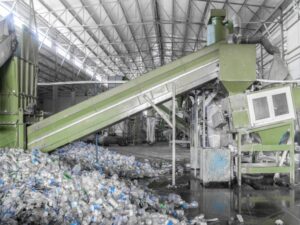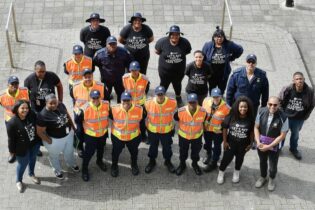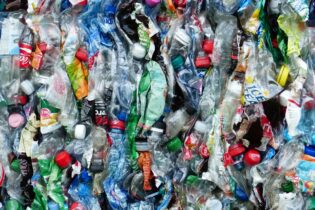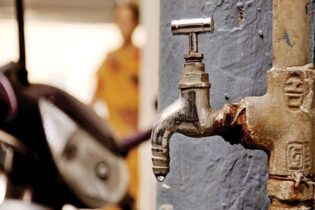PlasticsSA has cut ties with a Durban-based plastic manufacturer accused of defrauding millions of Rands in the plastic bag tax levy.
South Africa’s plastics industry has distanced itself from a Durban-based plastic bag manufacturer who allegedly drew millions of Rands from the plastic bag tax levy. According to a newspaper article published in the Sunday Times on March 26 2022, the company in question has been providing plastic bags to major retailers around the country. The company in question has been flagged by a whistleblower who accuses it of rigging the system to take almost R10 million a month ‘off the top’ which should have been paid to SARS. There are also concerns that similar schemes are being run by other companies, with hundreds of millions of rands in outstanding environmental tax potentially owed. The insiders have confirmed to the media that SARS is now in talks with the implicated companies to settle the large tax debts uncovered so far. However, it is not clear whether SARS intends to lay any additional criminal complaints against them. Plastic bag levy The plastic bag levy was first introduced in June 2004, on some types of plastic shopping bags, with the aim of reducing littering and encouraging plastic bag reuse.The levy has been increased over the years – going from the initial 3 cents to now 25 cents a bag – as from 1 April 2020.
The 2022 national budget proposes further increasing the levy from 25c/bag to 28c/bag with effect from 1 April 2022. The Budget Review also notes that an upstream plastic tax and a tax on single-use plastics will be investigated. Plastics Industry Speaking on behalf of the plastics industry, Plastics SA Executive Director Anton Hanekom said they condemned any kind of criminal behaviour in the strongest possible terms. “It is unfortunate that the article potentially caused reputational damage and unfairly brought the rest of the compliant and law-abiding plastic bag manufacturers into disrepute. It should be made clear that the scam was limited to one supplier who flaunted the rules,” said Plastics SA Executive Director Anton Hanekom, on behalf of the industry. According to an agreement reached between the Department of Forestry, Fisheries, and Environment (DFFE), labour, and businesses reached – locally produced plastic bags should be as thick as 24 microns to aid recycling and promote reuse. Recently published bag regulations will also see the recycled content of the plastic carrier bag increase in increments to eventually reach 100 % recycled content by 2027. “We cannot allow an entire industry to be tarnished by the unscrupulous behaviour of a single manufacturer who has no respect for the law. As compliant producers we welcome any SARS inspection and will give our full cooperation to the authorities to expose and persecute any company found guilty of criminal activities,” Hanekom concludes.






